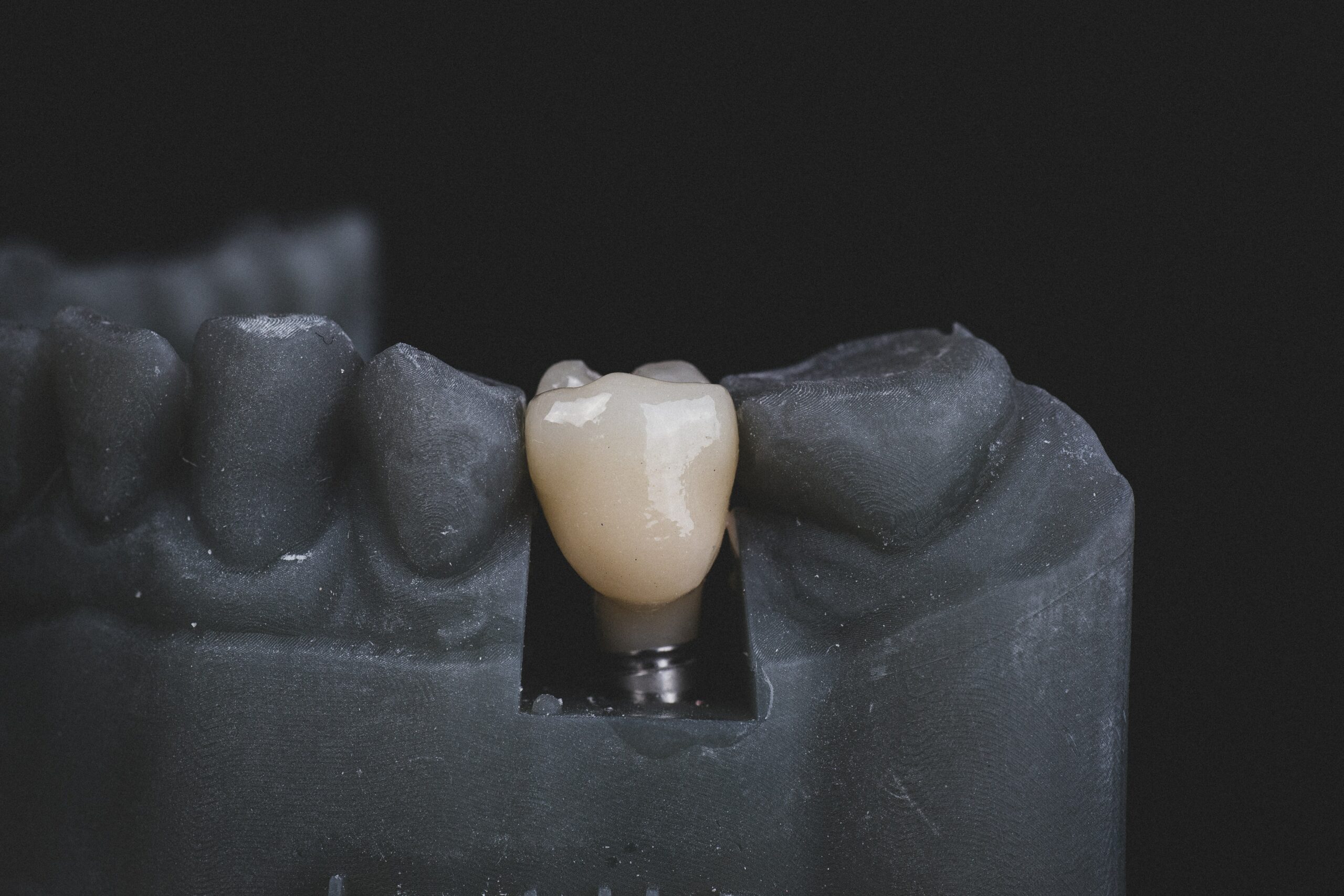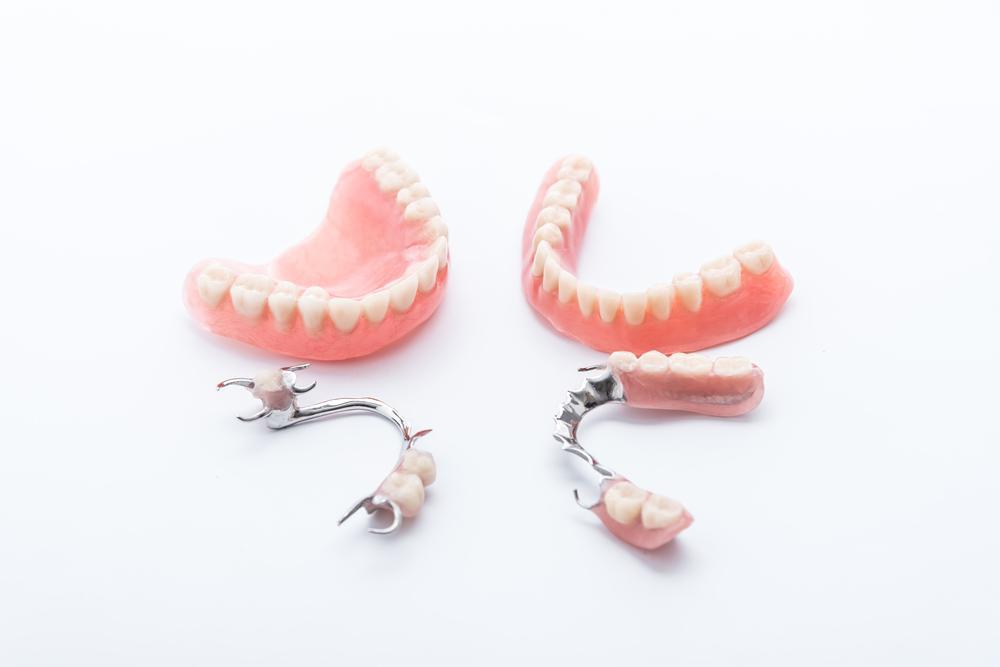Many dental patients who have received dental implants in the past often wonder if they are required to get fillings on their implants.
Dental Implants cannot get fillings because they are made out of artificial materials such as metal and porcelain. This means that dental implants cannot get cavities so they will never need a filling!

However, it is important to note that even though dental implants don’t require fillings, they may still need other types of treatment in order to maintain good oral hygiene. Regular brushing and flossing are recommended in order to prevent plaque buildup and keep the implants clean. Additionally, your dentist may recommend coming in for regular checkups to ensure that everything is functioning properly.
What Are Fillings Used For?
Dental fillings are used to close small holes in a tooth to prevent infection and tooth decay. This procedure is usually used after a hole is drilled in a tooth to remove a cavity. If a hole is left in a tooth and not treated, this can cause plaque to build up inside the tooth which can result in decay.
As mentioned previously a dental implant is made from material that cannot get cavities or need to be filled. This is why they do not require fillings!
Overall, it is important to practice good oral hygiene with your dental implants in order to keep them clean and functioning properly. Additionally, regular visits with your dentist will help ensure that your dental implants are in the best condition possible. Remember, even though your dental implants don’t require fillings, they still need regular maintenance to stay healthy.
How Long Should Dental Implants Last?
Dental Implants can last for many years if they are properly taken care of with good oral hygiene. In many cases, dental implants can last a lifetime. Once again, this is under the condition that you take excellent care of your teeth and gums by brushing and flossing daily as well as visiting your dentist regularly.
If you believe that there is an issue with your dental implant because the area feels sensitive, you should see a dentist right away to have them take a closer look at your implant.
What Kind of Maintenance is Required for Dental Implants?
After receiving dental implants and you now know that you can’t get cavities in your implant, you are probably wondering what you are required to do to take good care of your implant.
While you won’t need fillings in your dental implants, there are other issues that can arise if you don’t take proper care of your implants. You can develop infection in a dental implant if you don’t properly care for your teeth.

You should brush your teeth at least twice per day and floss several times per week in order to take care of your dental implants. Additionally, you should see your dentist at least once a year for a checkup and cleaning to ensure that everything is in good condition.
By following these guidelines, you can keep your dental implants looking and feeling great for many years to come!
Contact Lane And Associates For Assistance With Dental Implants
If you’re located in North Carolina and you have a dental implant or you would like to get dental implants, contact Lane and Associates Family Dentistry today! Our experienced team of dentists and hygienists can help you learn more about dental implants and provide you with the best treatment options.
We understand that dental work can be overwhelming, which is why we are here to offer our assistance. We strive to create a comfortable atmosphere in all of our offices so that you feel relaxed when coming in for an appointment.



